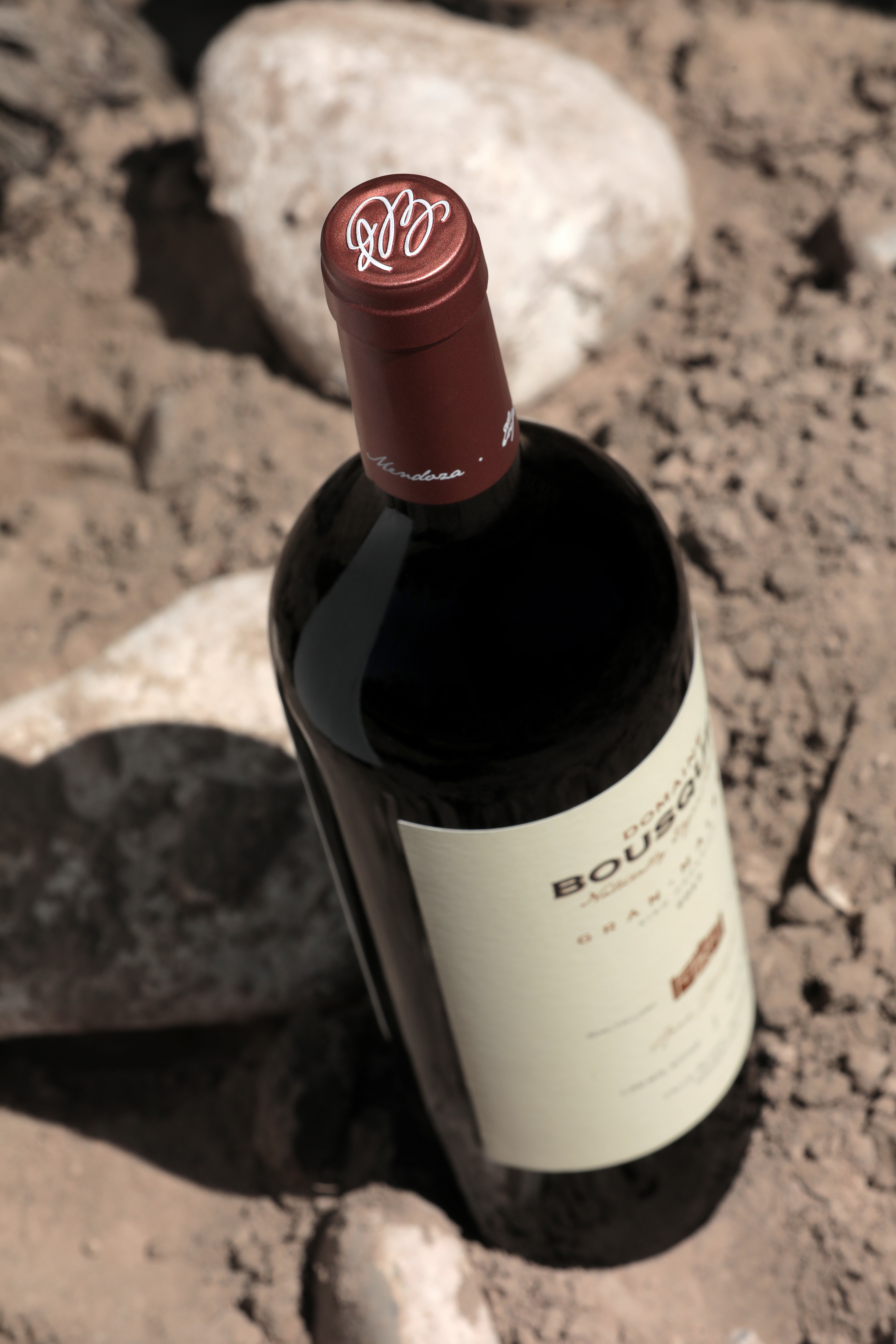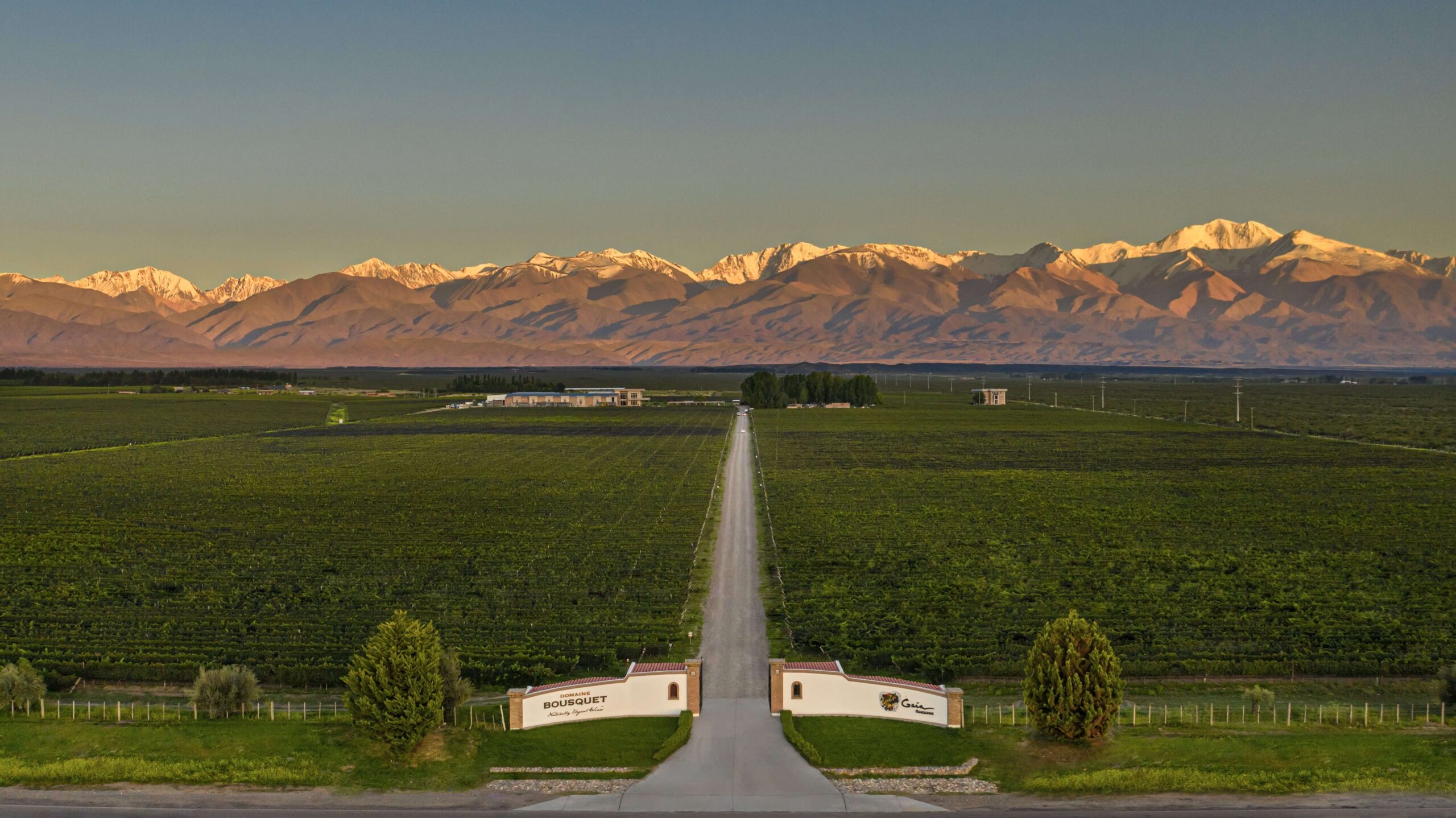In a world where the market for sustainable products continues to expand, it may seem like organic wine is a recent addition. In actuality, organic wine was around long before mass health food stores became common and the phrase “go green” started appearing in advertising campaigns.
Organic wine arrived as a product of the organic movement of the 1960s which was born out of consumer concern about chemical use in commercial agriculture. At this time, people began to realize that pesticides and other chemicals commonly used on farms might also be dangerous for human beings and the environment. As a result, organic wine began appearing on supermarket shelves in the 1980s but was unfortunately met with skepticism. Consumers wondered: Does organic wine taste as good as its non-organic counterpart? What are the benefits of organic wine? And perhaps most importantly, why should we buy it?
While organic wine is better tasting, more affordable, and more accessible today than it was in the early days of the organic movement, many of these same questions persist. Let’s answer them.

What does organic mean when it comes to wine and why is it beneficial?
When choosing a bottle of wine – whether it’s for an anniversary celebration, a family vacation, or just a simple weeknight dinner – one is met with many choices: organic, natural, biodynamic, “made with organic grapes.”
Why choose organic? What does it actually mean?
When choosing a healthier, more sustainable wine, the choices seem vast. While there is some nuance, ultimately, you will likely find yourself seeing the following labels: organic, natural, biodynamic, and vegan.
Let’s begin with organic. Organic wine is produced with no chemicals. This means that no pesticides or herbicides are used when farming and no sulfites, preservatives, stabilizers, or other additives are added during the winemaking process. Organic wine must be certified to earn its label (more on that in a moment).
Natural wine is made with low or zero-intervention farming practices which can include non-irrigation. Typically, there are also no additives. Unlike organic wine, natural wine does not require any stringent certification, so consumers should be aware of that when selecting this product.
Biodynamic wine is made with sustainable practices centered on a spiritual, holistic approach to farming and production that utilizes the biodynamic calendar and requires certification from Demeter International or Biodyvin Approval.
Vegan wine is made without animal products, such as egg whites, fish bladder proteins, gelatin, and other fining agents. Worth noting: vegan wine is not always organic.
Organic wine can be both biodynamic and vegan, and it follows more stringent sustainability practices than natural wine. It also comes with health and environmental benefits, a pure, delicious taste, and better ethical practices.
Its health benefits include immunity-boosting properties that are due to elevated levels of antioxidants. The environmental benefits include healthier soil, water, flora, and fauna due to the prohibition of chemicals in farming. Its excellent taste, which has been tested via studies, is the result of a healthy terroir and natural aroma. The ethical practices used to produce it are the same as one might find when practicing any kind of sustainable consumerism; when you buy organic products, you support the preservation of the land, human, and animal health.
What is the difference between organic and non-organic wine?
How does organic wine improve biodiversity and sustainability?
Organic wine is not only better for those who drink it, but also for the environment. This begins with its organic farming practices. On an organic farm, there are no pesticides, herbicides, or chemical-laden fertilizers. This allows native plants and animals to thrive. Birds, a key species that determine the biodiversity of an environment, do especially well in areas where organic farming is present. Organic farming also prevents soil erosion as a result of increased plant life.
All of this adds up to increased biodiversity and sustainability. A wide range of plants and animals benefit from the organic farming that an organic winery utilizes, and the future of that environment is always the focus.
Another excellent way that organic winemaking can work towards sustainability is through packaging. Wine packaging options in today’s market include traditional glass bottles, along with cans, boxes, and even refillable growlers and PET bottles. Many organic wineries are adding boxed wine to their rotation and focusing on using recyclable and reusable materials to avoid single-use plastic and benefit the environment.
What is the difference between organic and non-organic wine?
One looming aspect of the conversation around organic wine is how it compares to its non-organic counterpart.
Although they may look the same in the glass, there are many differences. These range from chemical usage to certification. The most important difference between the two is the usage of chemicals and additives both in farming practices and winemaking practices. Organic winemaking restricts the usage of chemicals on the farm and additives in the wine cellar. Non-organic wine, on the other hand, may come from farms where pesticides and herbicides are used on the plants, and sulfites and other additives are used in the winemaking.
Due to organic winemakers’ belief in eschewing chemicals and unnatural additives, nothing toxic is passed onto the consumer in the glass. This also benefits vineyard workers who do not have to suffer the harmful effects of pesticide exposure. This oft-overlooked aspect of organic winemaking should be of interest to anyone who believes in ethical labor practices as part of a sustainable lifestyle.
Organic wine also must be certified. Savvy consumers know to look for this certification on the label and not to be fooled by terms that signify sustainability (“fresh” or “natural” for example) without backing it up with proof.
Organic wine certifications – how are they earned and what do they mean?
You may look for the organic label when purchasing wine, but how is that label earned. The organic wine certification process is incredibly rigorous. Organic wineries that use the label have truly earned it and continue to earn it through their ongoing commitment to sustainable practices.
An organic wine’s certification differs slightly depending on where it is sold, but the basic principles remain the same. In the United States, organic wine is certified through the United States Department of Agriculture (USDA) through a three-year, five-step process during which a winemaker must implement organic practices, submit to oversight from a USDA agent, and maintain strict standards. In the European Union, the certification process very similar but bears one notable difference: a very small amount of sulfites (100 parts per million) is allowed. You will note this difference if you see a wine labeled “made with organic grapes” in the United States that would simply be labeled organic in Europe.
In either case, the organic certification, which can be noted by way of a telltale label, demonstrates a commitment to sustainable farming and winemaking. Any winemaker that follows this meticulous and lengthy certification process is committing to the health of consumers, employees, and the local plants, animals, and people.
What makes Domaine Bousquet special?
Domaine Bousquet is a family-owned winery in Mendoza, Argentina. Our wine is organic and vegan. From the vine to the processing of the grapes to our focus on biodiversity and permaculture, our wine sets the standard for elegant, sustainable organic wine that is perfect for a gathering with friends or a quiet evening at sunset with charcuterie and a loved one.
Domaine Bousquet is nestled in the mountain community of Tupungato. We pride ourselves on hiring employees from our community because we believe that sustainability also means supporting our local economy. Ninety-five percent of our employees reside just six miles away. We also support local schools and sponsor local sports teams.
Additionally, we support the land our winery is located on by amplifying biodiversity and letting the natural environment around our farm thrive. We also have our own organic vegetable farm onsite. We do not use chemicals and we never overuse our water supply.
Taste the Domaine Bousquet difference for yourself by picking up a bottle of pinot grigio, chardonnay torrontés, malbec, cabernet franc, or one of our many other varietals. We also offer tours, tastings, and are always available to answer any questions you have about our winery or the organic winemaking process as a whole.


